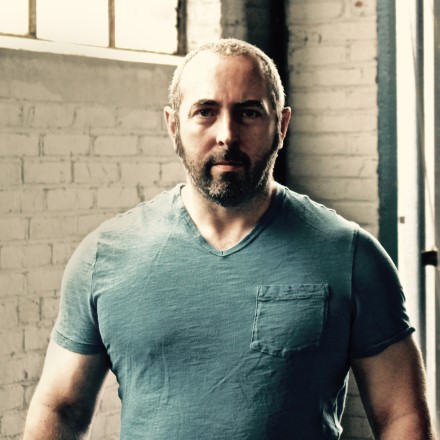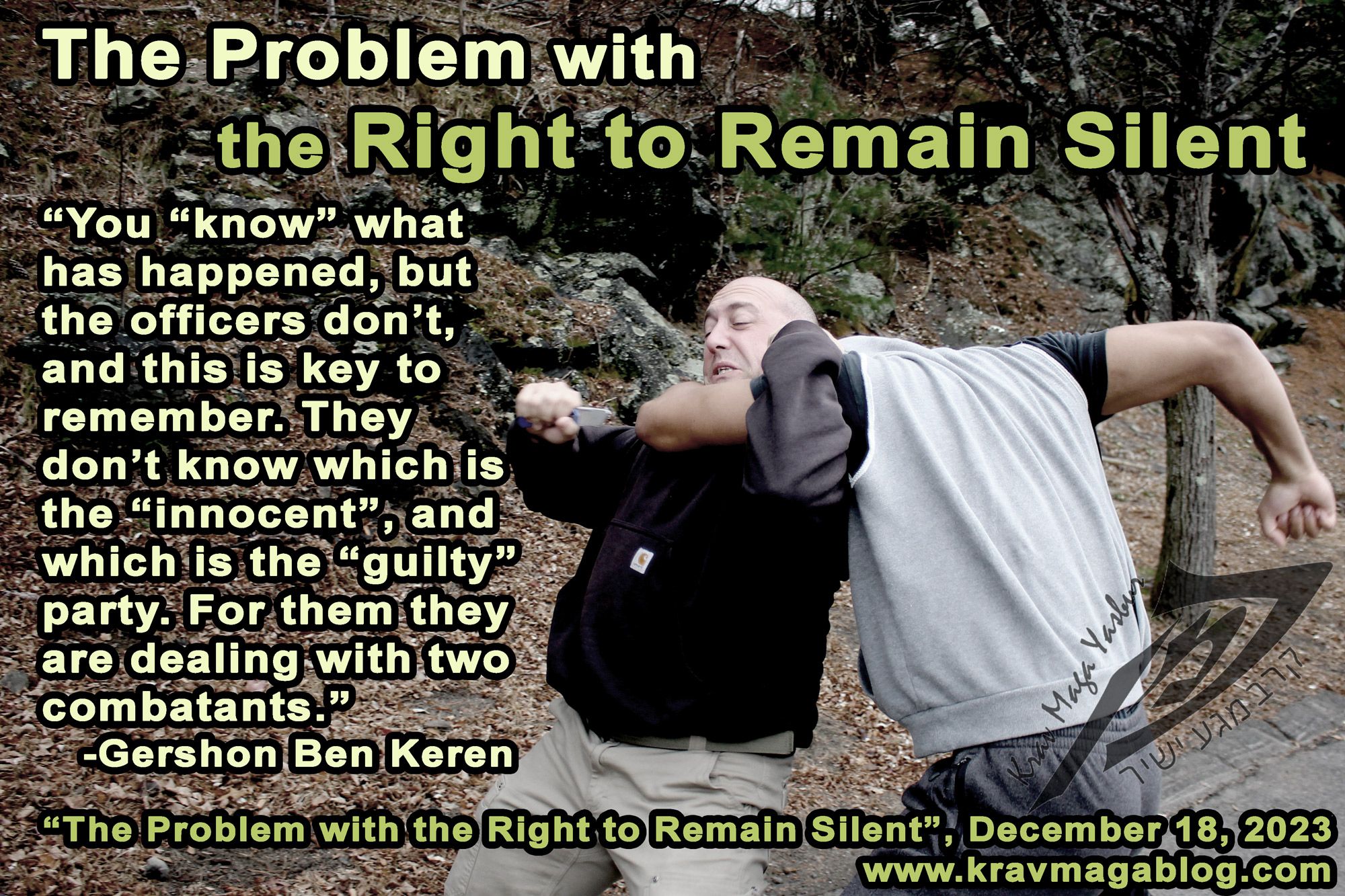If you are involved in a physical altercation where afterwards you have to make a claim of self-defense, you will want to make sure that what you say fully supports your claim. The first thing you should be aware of is that when you are making such a claim you are admitting to the use of violence – your argument in making the self-defense claim is that you were legally justified to do so. The importance of this is that if you say you punched someone in order to defend yourself, you can’t go back on this and say you didn’t punch them i.e., you are admitting to using violence albeit in a certain context. It is also important to note that whilst it’s easy to make a claim of self-defense – you only have to say the words – it’s another matter demonstrating and proving it, even with video and CCTV (Closed-Circuit TV) footage at your disposal e.g., a prosecutor can often make the argument that what was captured doesn’t represent the entire incident and that there were things that happened before and after that which the footage shows, etc. This means that as clear and obvious as an incident was from your perspective, when a prosecuting attorney presents their case before a judge/jury, you may find yourself dealing with an entirely different event to the one you recall/remember. Because your first interaction with the criminal justice system (CJS) is most likely to be with a law enforcement officer – one who either witnessed the incident or is investigating a reported incident – it is important that you know what to say and what not to say when talking with them. In this article I want to look at a scenario where you have been involved in a physical altercation, where both you and your aggressor threw some punches etc., and law enforcement officers were called to the scene, arriving just as the two of you separated for a moment due to exhaustion, or because you both were done with the fight.
You “know” what has happened, but the officers don’t, and this is key to remember. They don’t know which is the “innocent”, and which is the “guilty” party. For them they are dealing with two combatants. You may believe they are turning up to support you because you weren’t the aggressor but that isn’t likely to be their perspective; both of you will probably be viewed as having broken the law and being guilty of assault and battery. This means that you shouldn’t expect them to be sympathetic towards you, at least initially. When the SAS stormed the Iranian embassy in 1980 to rescue the hostages that had been taken, everyone was initially handcuffed, as in such situations hostage takers often try to hide amongst the hostages to escape and/or to attack those involved in the rescue. This may seem an overly harsh way to deal with hostages who have just experienced a traumatic ordeal, but from an overall safety perspective it is necessary. It is always worth remembering that law-enforcement officers don’t know your perspective and experiences and have their own procedures and protocols that they work to. It is also worth remembering your current emotional state. Whilst your sympathetic nervous system – the one that triggers your adrenal system – is quick to act, your parasympathetic nervous system – the one that brings your body back to its “normal” state – isn’t. It can take hours or even days to return your body back to its relaxed, everyday state. This means that in all likelihood you are not thinking calmly, and you are still interpreting things from an emotional perspective. This is not a good time to be saying things that a prosecutor will want to investigate and challenge in a legal setting, if that is the direction that things go in.
You only really have two obligations when talking to law enforcement and those are to identify yourself and state what you are doing in the moment - for anything else your attorney should be present. However well you believe you are able to articulate events you may forget to mention something that you later rely on in court, or say something you wish you hadn’t, or in a way you wish you hadn’t e.g., something that could be interpreted in a number of different ways – especially by a lawyer/attorney – rather than the way in which you intended it to be. In the U.S., it used to be that the “right to remain silent” (that is part of the Miranda Rights, read at the time of arrest), wasn’t seen as an indication of guilt e.g., the Supreme Court saw “silence” as something that someone may use as a “protection” of their innocence. However, in 1999, Justice Scalia, made a statement that changed this i.e., “If I ask my son whether he saw a movie I’d forbidden him to watch, and he remains silent, the import of his silence is clear.” The Conservative majority of the court went on to rule that: only the guilty wouldn’t speak to law-enforcement and that those who are innocent have nothing to fear from the criminal justice system i.e., there are no miscarriages of justices etc. Therefore, silence implies guilt. So, whilst you still have the right to remain silent, that silence may now be seen as an implication of guilt; prosecutors are now (they weren’t always) able to tell a jury whether a person talked or remained silent. Rather than claiming the Fifth Amendment (that allows the right to remain silent though now with the implication of guilt), you should claim the Sixth; the right of representation by a lawyer. If you are going to talk with law enforcement about anything other than your identity, and what you are currently doing, you should do so with an attorney. This is not because law enforcement officers are trying to trick or implicate you but because your right to remain silent may be interpreted as a sign of guilt, and because, “anything you do say can and will be used against you in a court of law.”
Refusing to speak to law enforcement officers, or remaining silent, should be two things that you avoid. Making it clear that you are willing to speak – about more than your identity, and current activity - is important, and something that you should agree to do, but only in the presence of an attorney. It is also worth noting that if you say you are only willing to talk with an attorney present and you continue to talk before they arrive, what you say will be admissible in a court of law – in other words, after you ask for an attorney to be present, stop talking.
Share:

Gershon Ben Keren
2.8K FollowersGershon Ben Keren, is a criminologist, security consultant and Krav Maga Instructor (5th Degree Black Belt) who completed his instructor training in Israel. He has written three books on Krav Maga and was a 2010 inductee into the Museum of Israeli Martial Arts.
Click here to learn more.

